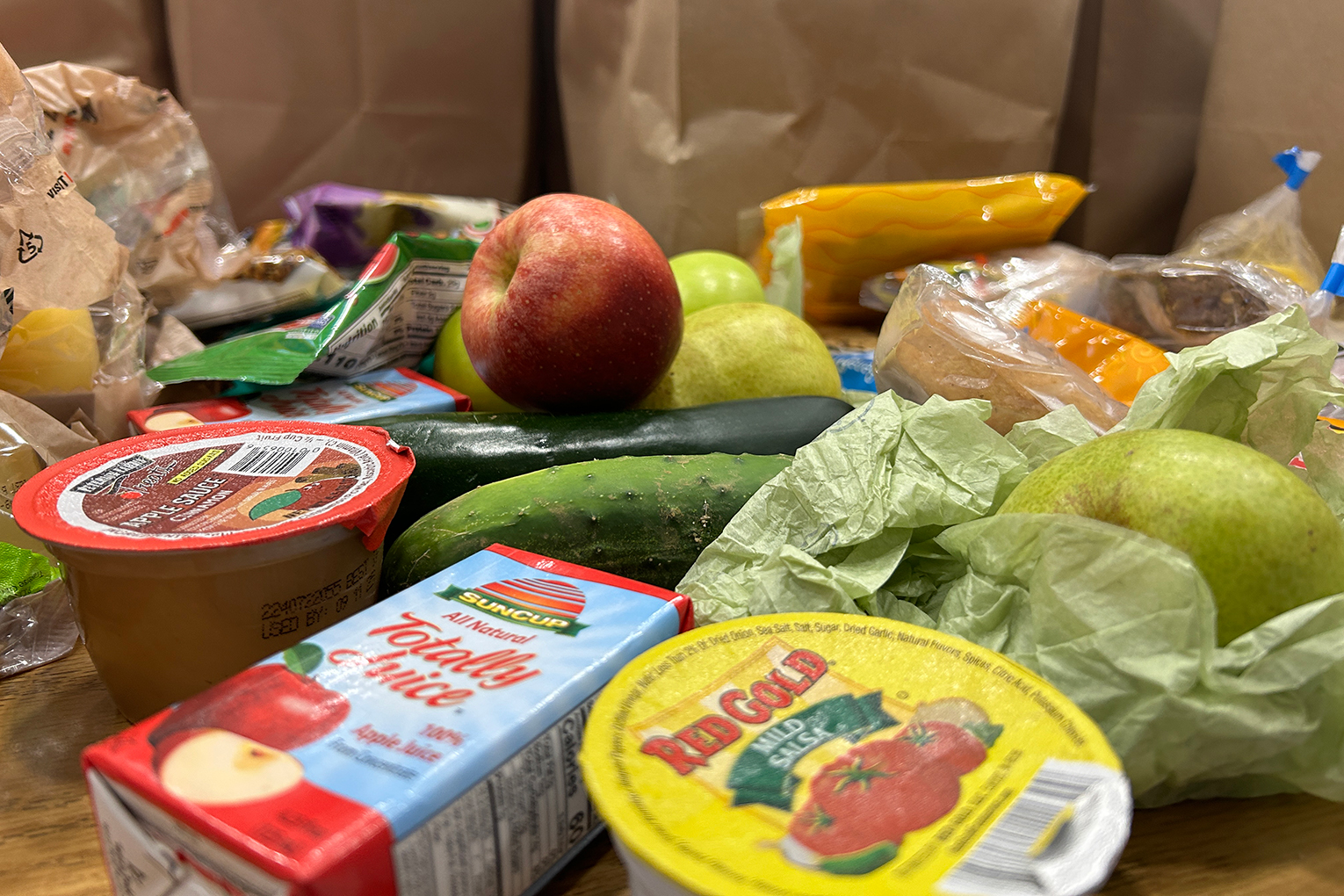 (FRANKFORT, KY) – Members of the Kentucky Department of Education (KDE’s) Commissioner’s Student Advisory Council gave their input on how to recruit and retain teachers at their meeting on Dec. 10.
(FRANKFORT, KY) – Members of the Kentucky Department of Education (KDE’s) Commissioner’s Student Advisory Council gave their input on how to recruit and retain teachers at their meeting on Dec. 10.
“Recruiting and retaining teachers is a challenge right now – not just in Kentucky, but across the nation,” said Elly Gilbert, assistant division director with KDE’s Office of Educator Licensure and Effectiveness. “We face a lot of different challenges, and we are looking at innovative ways that we can change that.”
KDE developed the GoTeachKY initiative about five years ago, with the mission “to ensure students across the Commonwealth have equitable access to effective teachers.”
Gilbert said the initiative’s “five big buckets of work” are to:
- Encourage early entry into the teaching pathway as early as elementary and middle school;
- Elevate the teaching profession;
- Engage in actionable supports;
- Employ strategies to certification; and
- Entice teachers to stay in the profession.
The department encourages early entry into the profession through the Teaching and Learning pathway, Educators Rising and Grow-Your-Own programs. At least 45 schools in Kentucky are participating in the Teaching and Learning pathway and Educators Rising has more than 900 members in the middle and high schools.
“One of our goals is always to provide positive energy and to get the facts out,” said Veda Stewart, division director with KDE’s Office of Teaching and Learning. “We are trying to get the positive facts out about teaching.”
KDE also elevates the teaching profession through the GoTeachKY Ambassador program and its social media presence.
Stewart said teachers in the U.S. rate their lives better than all other occupation groups, trailing only physicians, according to information from Get the Facts Out, a partnership between four national societies working to repair the reputation of the teaching profession. She said teachers have rewarding careers that can offer:
- Work-life balance;
- Healthy schedule (work hard, but have time to refresh);
- Earlier retirement (59 years old);
- Student and colleague relationships; and
- Financial stability.
Stewart asked the council for feedback on ways to reach their generation as KDE begins a new recruitment and retention campaign.
Samarah Higgins, a senior at John Hardin High School (Hardin County), who plans to enter the teaching profession, said that the flexibility – which is beneficial when having a family or being able to try other professions while teaching – is appealing and should be promoted to reach students.
Sophia Langford, a junior at J. Graham Brown School (Jefferson County), said Instagram should be a platform to promote education as a career to the younger generation.
“YouTube ads and TV ads don’t gather a lot of attention from our generation,” Langford said. “Having especially young teachers talking about their experiences would be a great way to go about it.”
Peter Jefferson, a senior at Henry Clay High School (Fayette County), suggested the best way to reach his generation to get them interested in the teaching profession is through social media and short-form videos, which can be viewed on Instagram, TikTok and YouTube, and will “reach more people than a billboard ad.”
Stewart also asked students what made a good teacher.
“A great teacher is one who is able to connect with their students and see them as unique individuals, rather than scores and grades,” said Preston Graham, a junior at Woodford County High School and the current nonvoting student member of the Kentucky Board of Education. “When a teacher is able to get to know their students and their style of learning, they are able to creatively approach challenges with them and support them through their learning.”
Kentucky United We Learn
KDE Chief Performance Officer Karen Dodd gave an update on KDE’s and the Kentucky United We Learn Council’s focus on local accountability as part of a reimagined assessment and accountability system.
KDE and the Kentucky United We Learn Council have worked on several prototypes of a new assessment and accountability system, which evolved into a framework. After being presented to the Kentucky Board of Education in December for their input, a new Framework 2.0 model is being developed.
In January, KDE will be conducting nine town hall meetings to be held in each region across Kentucky and one hybrid meeting for the Spanish-speaking population to get additional feedback on the model Framework 2.0.
Dodd asked the students what they would like their learning to look like.
Langford said learning should be based in “real world” experiences like having the opportunity to go out and work with real people and make a difference in the community through learning.
“It’s important to learn the foundation and the core content, but it’s also important to know why you are learning it and to actually get to do something with it,” Langford said.
Khoa Ta, a junior at Owensboro High School (Owensboro Independent), said a lot of school has come down to memorization rather than application and, “in a lot of cases that doesn’t correlate to really using the skills in the real world.” Ta said a vibrant learning experience should be “hands-on education, whether that’s a project in the school or … (a) community service project.”
Welcome and Announcements
KDE’s Deputy Commissioner Thomas Tucker, who was standing in for Commissioner of Education Robbie Fletcher, welcomed the council members.
“We could not do this work, we could not be as effective without the voice of our students,” he said.
Tucker made several announcements:
- KDE is partnering with the U.S. Army Cadet Command in a statewide Junior Reserved Officers’ Training Corps (JROTC) pilot program that prepares high school students for leadership roles, he said. Retired Col. Tim McDonald has been hired as the state director of instruction.
- Kristin Hibbard, a moderate and severe disabilities educator at Meade County High School, was named the 2024 Kentucky Special Education Teacher of the Year at the Kentucky Exceptional Children’s Conference on Nov. 25.
- More than 50 Kentucky schools were certified as family-friendly schools by the Prichard Committee for Academic Excellence.
The next virtual Commissioner’s Student Advisory Council meeting will be on Feb. 25.




Leave A Comment